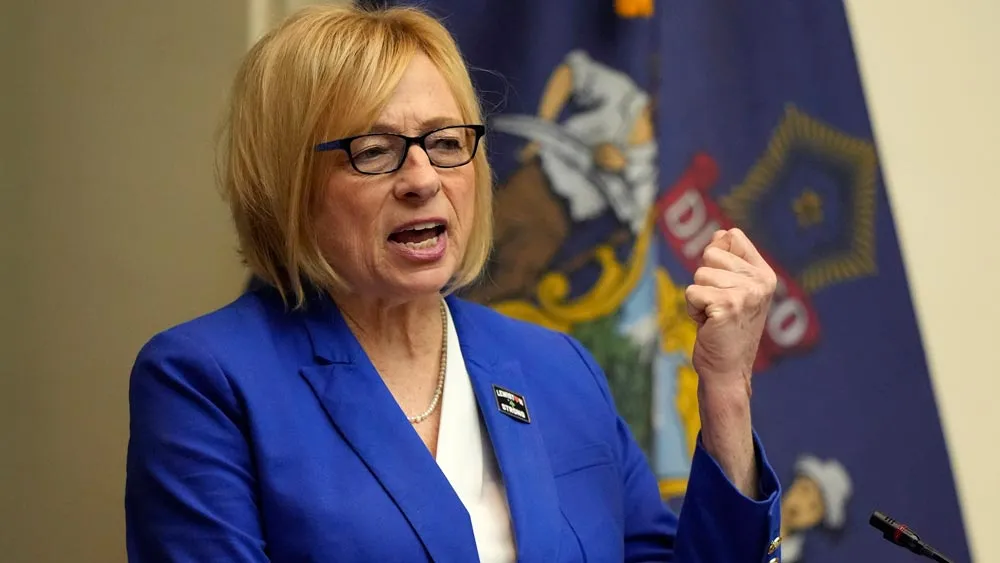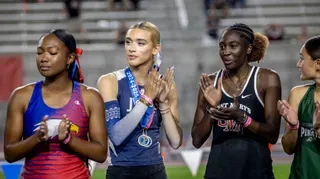December 3, 2012
SAGENet Conference Looks at Delivering Services to LGTB Elders
Christine Malcom READ TIME: 4 MIN.
Diversity, inclusion, and cultural competence took center stage at the 2012 SAGEnet conference. The Center on Halsted hosted this year's event, the fourth organized by the New York-based Services & Advocacy for GLTB Elders (SAGE), and Chicago-based successes in delivering services to this vulnerable community featured prominently, particularly at the Nov. 14 Plenary Panel of Chicago Providers.
"[The conference is] an opportunity to discuss the issues, support programs and develop policy strategies. It is to share knowledge generally. That's important when you're talking about such a small sector," said Robert Espinoza, Senior Director, Public Policy and Communications for SAGE, who estimated about 30 attendees representing the organization's 23 national affiliates.
With 10,000 people turning 65 every day, the need for growth in this sector is immediate and obvious.
"There are an estimated 40,000 older LGBT adults in the Chicagoland area. Here at the Center on Halsted, we serve about 500. This is just the tip of the iceberg and work with community partners is crucial," said Center Senior Services Director Britta Larson.
SAGE's Director of Community Advocacy & Capacity-Building Serena Worthington took the lead on assembling the panel, which included both LGBTQ-focused providers and those serving the senior community more generally.
"It's important to have both perspectives. In a culture that desexualizes aging, and particularly given the youth-driven face of the LGBTQ community, we face challenges with raising awareness with providers not just of the special needs of LGBTQ elders, but that they exist at all," Larson noted.
"LGBTQ elders face the problem of double exclusion. They feel disconnected in a youth-centered community, and they often find themselves going back into the closet, unable to be their whole selves with their peers," added Espinoza.
This invisibility puts LGBTQ seniors at greater risk for depression and social isolation than the general population.
"LGBT older adults are more likely to be single and childless. Heterosexual older adults are likely to have family support (i.e. financial, caregiving) to fall back on. LGBT folks do have informal support networks, but many of these networks are of the same age cohort. As they get into their late 70s and 80s, the ability to help each other out is limited," said panel member CJE SeniorLife Clinical Manager Dennis Beauchamp.
Although these risks are widespread, there are distinct geographical trends. "There's a definite rural-urban, red state-blue state divide. But there's a national constellation. Our sector is growing and this is an exciting time," Espinoza said.
Despite this growth, panelists and organizers alike stressed the advantages of Chicago as the setting for the discussion, saying that Chicago had a leg up on much of the country.
"Programs and groups are out there to provide peer support and LGBT-inclusive programming," said Beauchamp. "Affordable LGBT housing is being built. There is an informal network of aging service providers and LGBT organizations problem solve around older LGBT issues and make referrals to one another."
Chicago's successes are built not just on the advantages of urban infrastructure (e.g., transportation) and a large, visible LGBTQ community, but also on the efforts of the Chicago Task Force on Aging, founded in 1998.
"[The Task Force's] mission shifts as services come into being. It exists to convene people, leverage resources and provide mutual support. Best of all, it's a no-cost, entirely volunteer group. Very grassroots," said Larson, noting that Task Force meetings, as well as the group's listserv, are open to all.
The panel also afforded an opportunity to tackle issues of diversity within the LGBTQ elder community. Larson drew particular attention to the contributions of Kim L. Hunt, Executive Director of Affinity Community Services, which provides vital support to LGBTQ people of color on Chicago's notoriously under-served South Side. Larson also had praise for the South Side's Rush Medical Center.
"The staff at Rush, their social workers, they're pretty tuned in to the needs of the community. They really lead the way," said Larson.
Panelists also stressed the advantages of two-way conversations regarding LGBTQ elder issues. "We need to draw on the leadership of our elders. Not only do they have unique needs, but also unique experiences and knowledge gained from unique hardships," said Espinoza.
The opportunity for mutual learning also extends to both sides of the rural-urban divide, with Larson noting that, "[Urban areas] can learn a lot about fiscal responsibility and maximizing volunteer and grassroots efforts from our colleagues in rural areas."
This point is especially relevant for LGBT seniors on both sides of the poverty line, given the current economy. "The ranks of those 60 plus are growing and we are seeing more individuals who have been severely affected by the recession. This is particularly true in Illinois, which has a huge budget deficit. Non-profits that serve older adults are being squeezed; many are laying off staff, some are closing," said Beauchamp.
Looking to the future, panelists emphasized the need to not only develop LGBTQ-specific resources, but also promote integration of LGBTQ elders into "mainstream" service settings through cultural competence training. A recent study by the Center further suggests that more attention is also needed to understand and address the even more profound challenges faced by HIV-positive seniors.
"This was a fantastic opportunity to convene with such distinguished organizations doing such great work. It was wonderful to have [the panel] serve as a model for nationwide attendees in the hopes of replicating Chicago's successes," Larson said.
Christine Malcom is a Lecturer in Anthropology at Roosevelt University and Adjunct Faculty in Liberal Arts and Visual and Critical Studies at the School of the Art Institute of Chicago. She is a physical anthropologist, theater geek, and all-around pop culture enthusiast.




